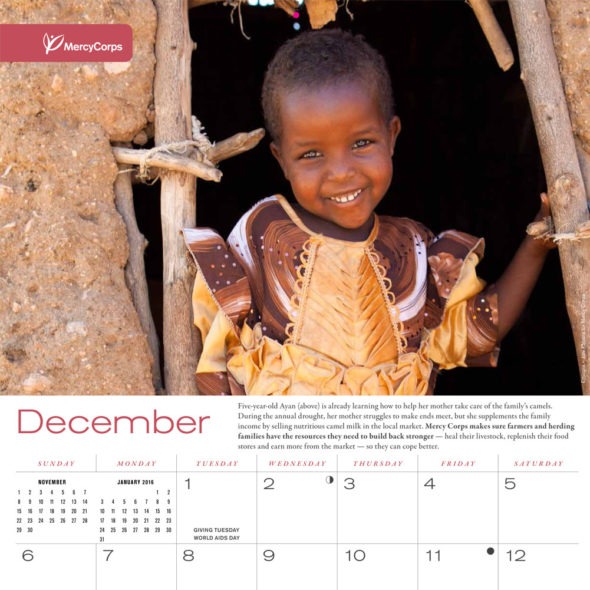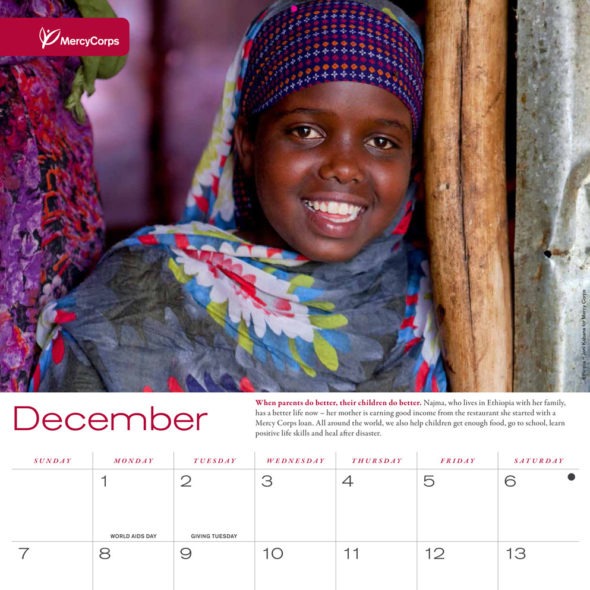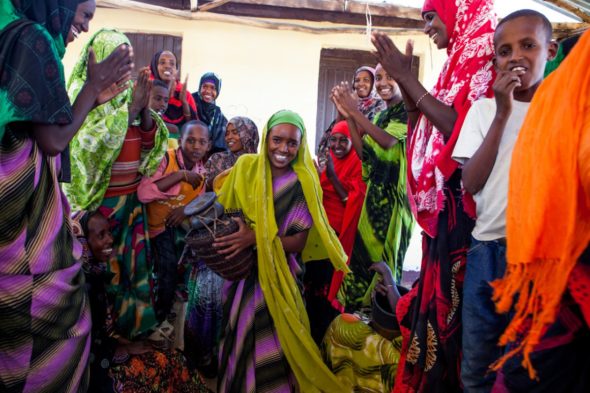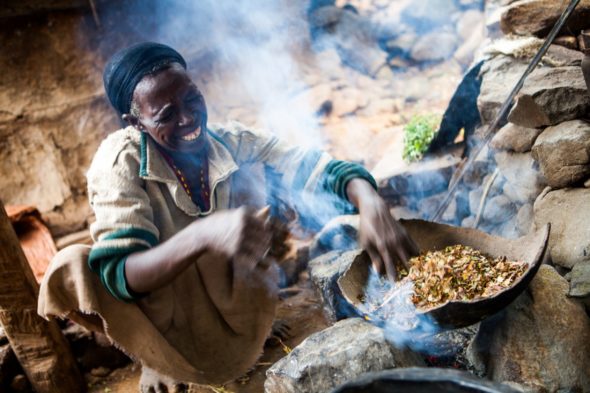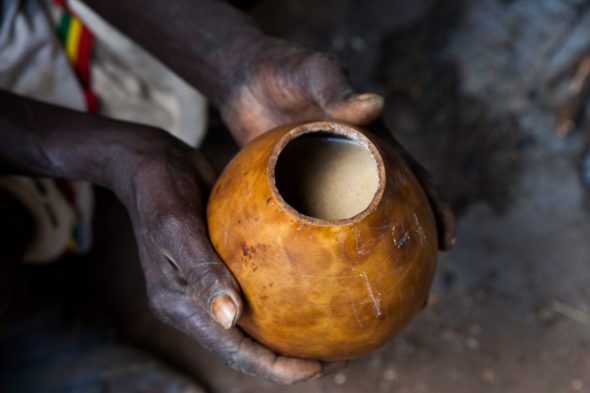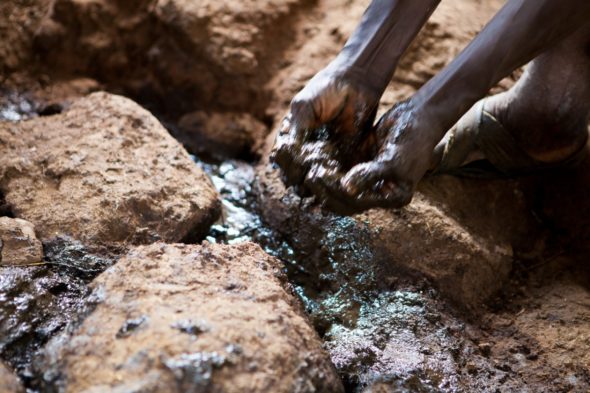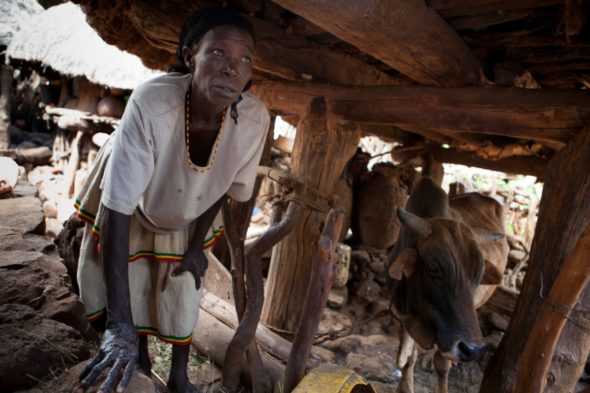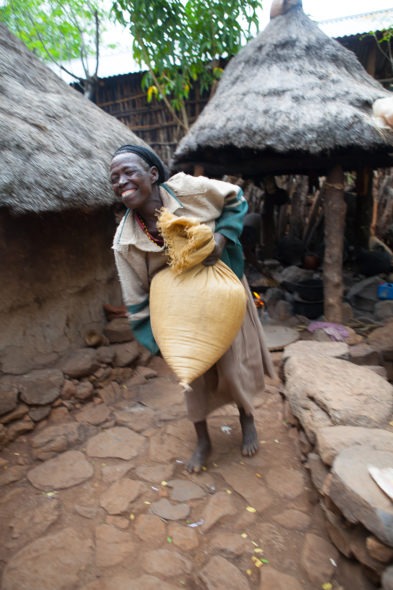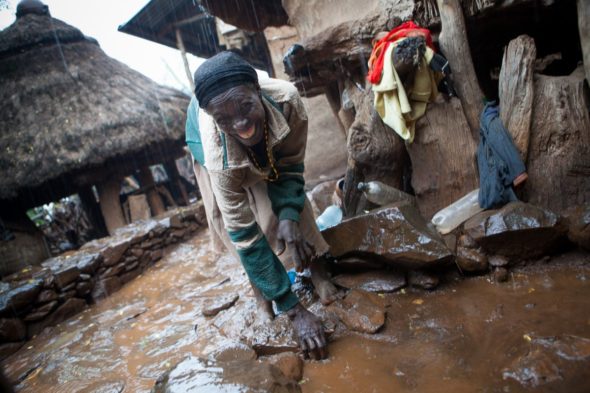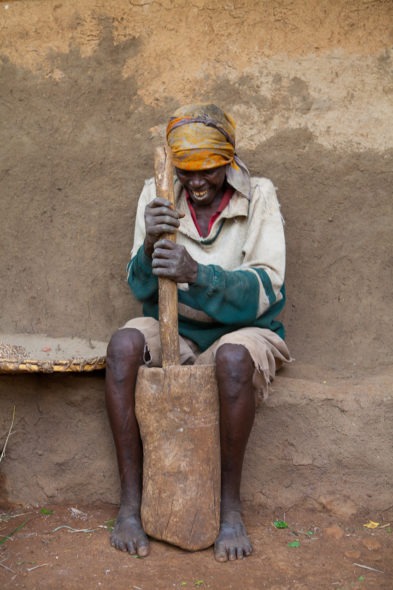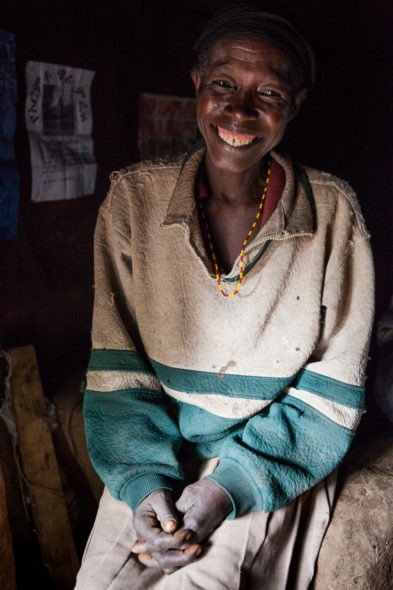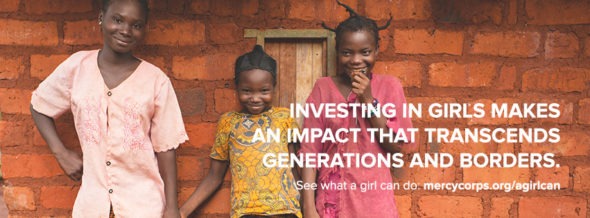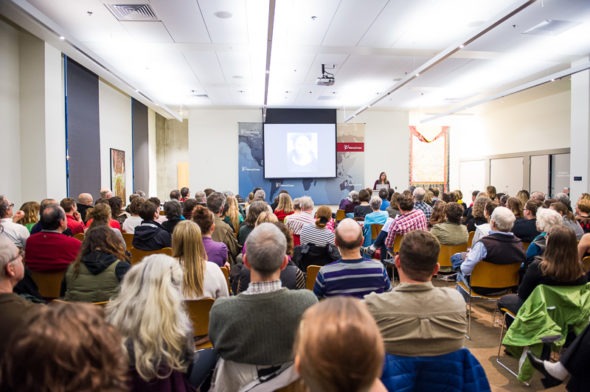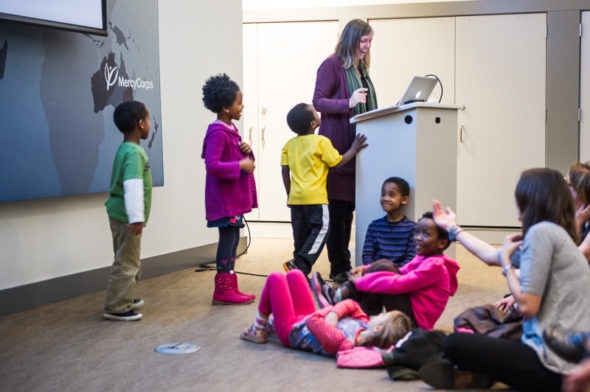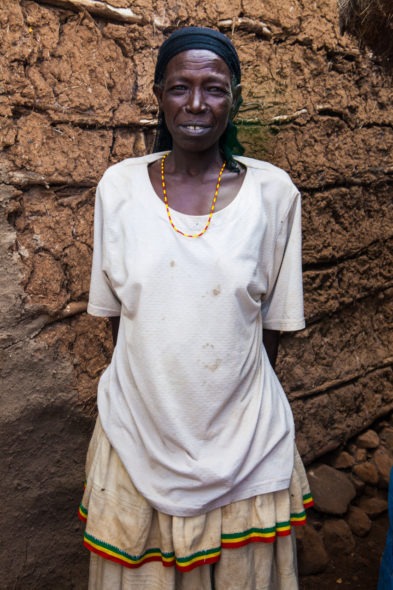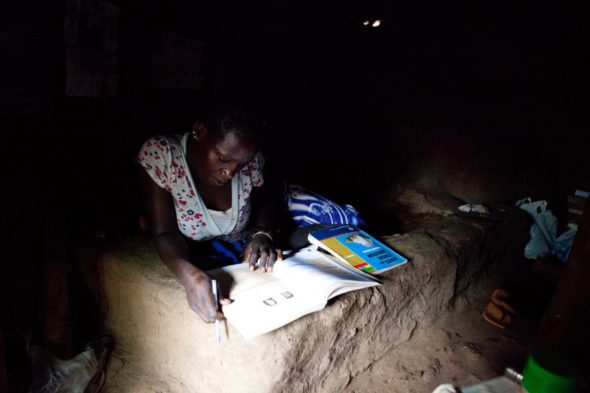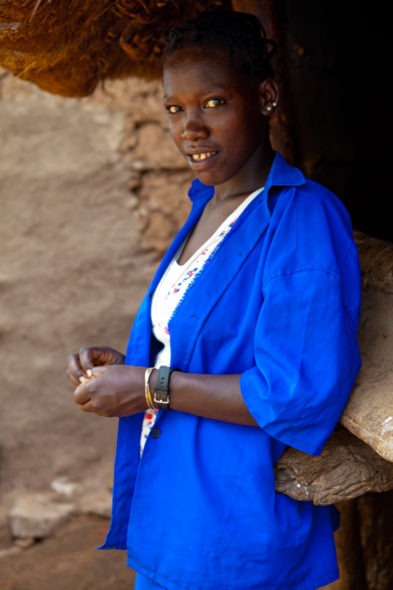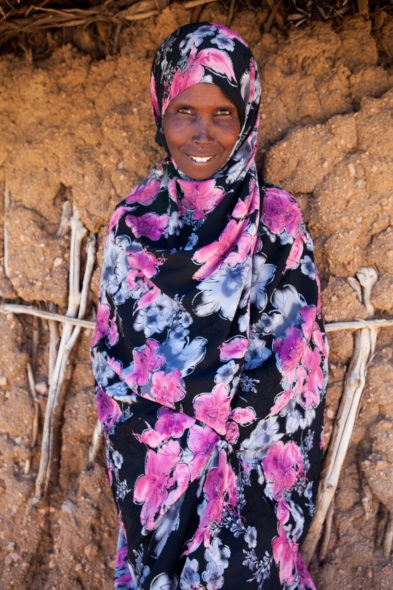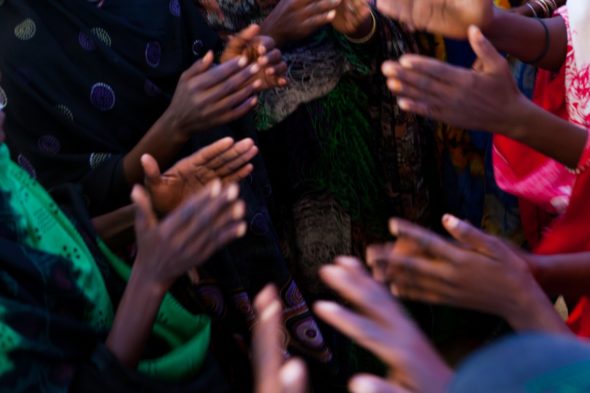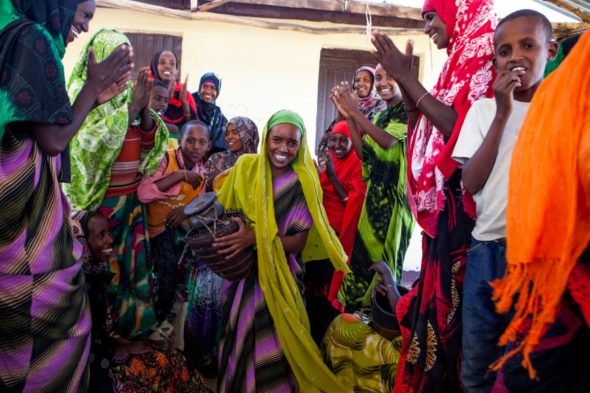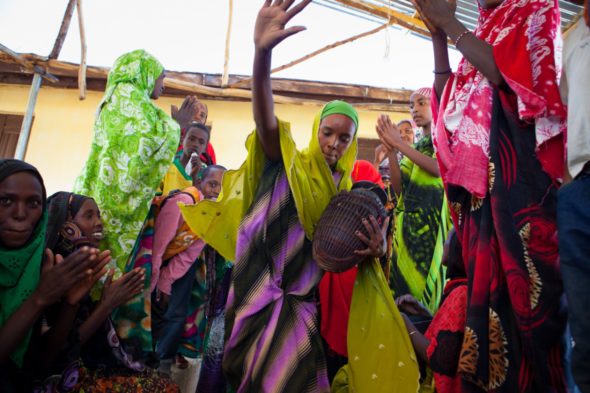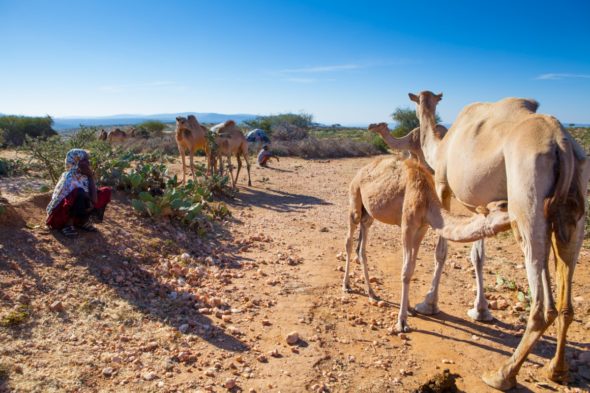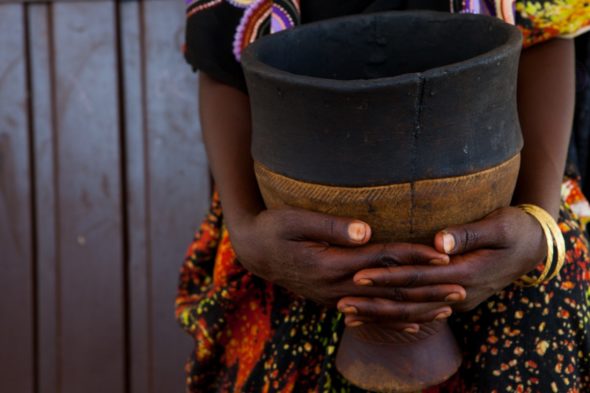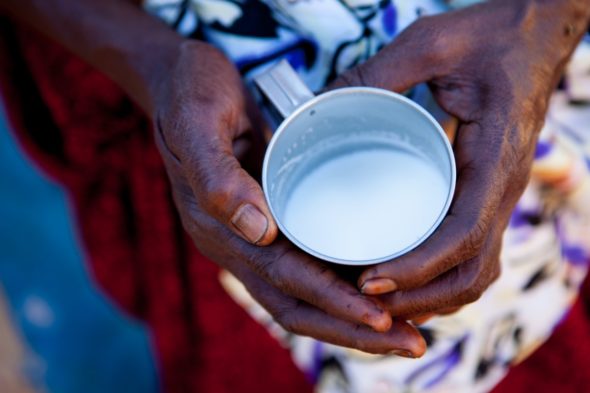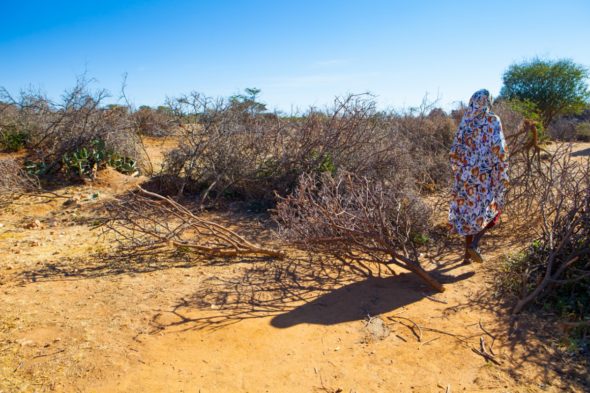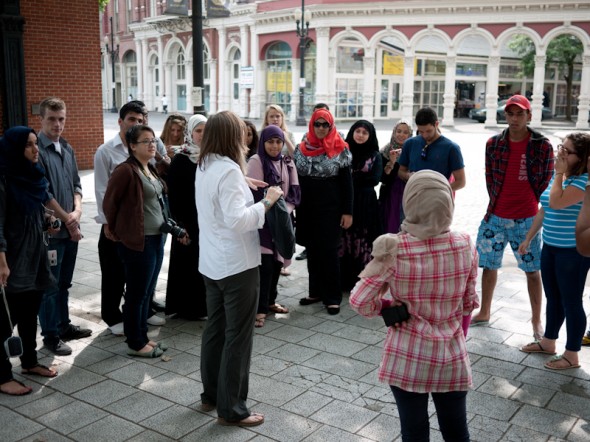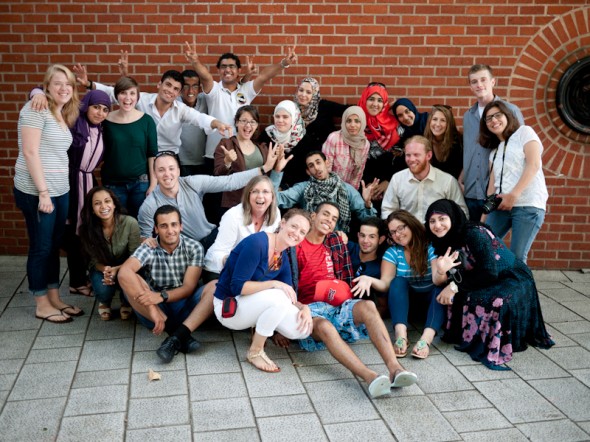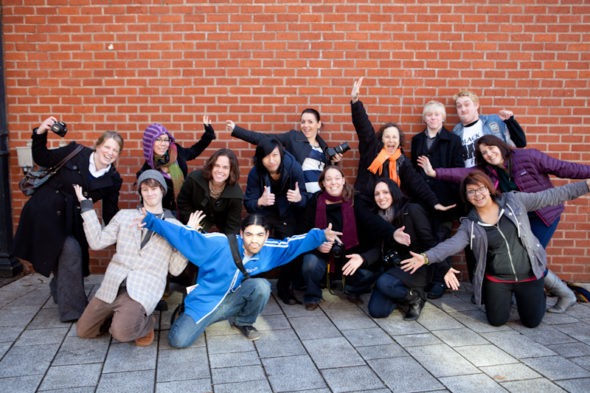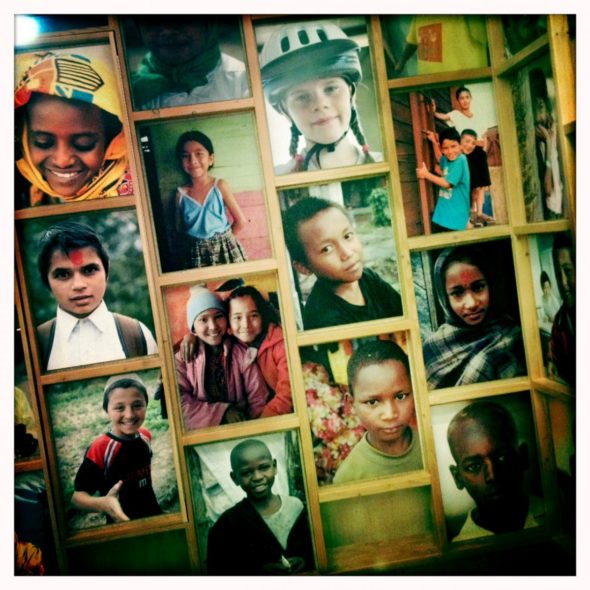Here are samples of two calendars that include portraits I have taken during assignments in Ethiopia.
Tag Archives: Mercy Corps
Mercy Corps’ Top Ten for 2013
I remember this day so well…
I asked the camel milk producers if they could sing a bit so I could record it, and I received a full blown concert and performance. Such joy, such camaraderie. I learn so much from them!
Ethiopia: Eating From The Same Table
Her eyes dart back and forth, her smile is wide and mischievous, and she makes little sounds when she giggles that make me want to live with her forever.
Her name is Taiko and she is a mother of six children, three of which are attending school. She secured a loan from Mercy Corps to purchase an ox to fatten up and sell for a profit at the local market. The ox lives right outside of her thatched roof hut, and everyone pitches in to help care for the ox. Yet, the job of cleaning the ox’s space is usually left up to Taiko. Who wants to grab handfuls of ox poop?
Taiko does it with a smile.
She tells us how her life is better now that she has support from Mercy Corps to assist with books, pens, uniforms and toiletries, all things that were extremely difficult for Taiko and her husband Orxayito to purchase so that their children could be in school. Three of their six children are already married and were not able to go to school, so they celebrate that their remaining three children will be educated.
Taiko shows me how she makes a local drink, cheka, which she sells to help support her children’s school needs. She also shows me the sorghum and corn she will send to her daughter who is attending university so that she has something to eat while attending school away from home.
As we talk, she starts to scurry about madly, gathering up corn and wheat that have been drying in the sun. Her spindly legs and arms cannot move fast enough for her and we all wonder what she is doing, and why.
Soon, the rains break through, making us all dash for cover. How did she know they were coming?!
I keep searching for her eyes to falter, to drop from their pixie up turned edges. Is she ever sad? She said she has two main problems right now: to not let rumors from other villagers bother her, and to be confident that her two other children will have funds for university classes. She knows that the Mercy Corps program is for high school level only. She is preparing now for how she will be able to support her children as they move along their chosen paths.
Swiftly, her eyes assume their dancing pattern again and she looks straight into my eyes, locking in for a time that is usually highly uncomfortable for my Western cultural influence. I expect her to ask me for support.
Instead, she throws her head back and says “I am also very happy. Let us laugh! She will put my picture on her wall. It seems as if we eat from the same table.”
Ethiopia: A Girl Can
(Photo by Sean Sheridan for Mercy Corps)
Ethiopia’s Promise: Lecture + Exhibit
I will be giving a lecture on Thursday night March 14 at 7pm at the same location.
Entry is free, and kids are welcome!
UPDATE:
The lecture was well attended and the kiddos had the BEST questions!
(Lecture photos by Bill Purcell)
Coconut Oil + Education
Kuye is one of very few girls who get to attend high school in this southern area of Ethiopia. This is not due to a lack of desire, they simply have too many duties to perform at home and the costs to attend school are outside of most families’ reach. Within Kuye’s class, there are 42 students and only four of them are girls. (Hear students at Konso High School)
Kuye’s mother, Taiko, notices other girls at the market who are educated and wants the same for her daughter.
Taiko was able to obtain a scholarship and academic support via a program developed by Mercy Corps. Kuye is flying down the path toward her education goals. Her favorite subject is social science, which includes computer programming, and she wants to become an engineer. She has seen women in other countries work in this field, and she believes it is time for Ethiopia to have more female engineers.
Kuye knows that she is a pioneer of sorts. There are people in her village who still think a girl “is not a good girl if she goes outside of her house” to do things outside of her traditional activities. To some, this might seem patriarchal and dismissive of women. But it is more complex than this simple conclusion. Girls are highly regarded in Ethiopia and they are cherished to the point of believing they will (and knowing they can) be stolen, and therefore they are highly protected.
Most women who are not educated end up living a life full of extreme physical burden. They fetch water and firewood, carrying bundles of heavy loads for miles, sometimes days, to help provide for their family. They suffer during child birth, often losing their baby and living with resulting injuries obtained during days of laboring. Life indeed can be hard in the rural areas of Ethiopia, for both men and women.
Kuye wants to alter this path, and show the world how capable a woman in Ethiopia can be. I give her my camera, and she quickly learns how to operate it, snapping a photo of her mama Taiko and gleefully turning to all of us with excitement about the beautiful image she just captured.
She is a quick study, smart as a tack.
Her hope for her future is to “finish school, get a good test result and go to university, then return” to help her village. I can only imagine what she would do if she attains this goal.
She cites gender inequality as being an issue in Ethiopia, but she has a simple reason for its existence. She points to the fact that boys, at an early age, begin to carry heavier loads than she can carry. They appear stronger and and more powerful, just because they can pick up heavier objects. Kuye believes that gender equality begins at home, with each parent treating boys and girls equally, and instilling within a young boy’s mind that his sister is as strong as he is.
I ask her where she studies when she is home, and she shows me her bed made of mud and clay. To the left of the bed is a small shelf made from hay and mud and I notice again the coconut oil. This is a prized possession, as it makes her feel beautiful and a part of the group of students in her class. Like any 18 year old student, she wants to fit in.
And she wants to feel like a girl, all pretty and smelling wonderful as she faces her new world and emerges as a strong and educated woman.
I will cheer her on. all the way through her university years.
One coconut oil jar at a time.
(Photo of Taiko above by Kuye Orkaydo)
(All images for Mercy Corps)
Something, Anything
She is a camel milk producer, living in the small remote town of Bambas in Ethiopia near Jijiga, in close proximity to the Somalian border. Her days are spent milking camels at the break of dawn, collecting the milk in antique wooden containers, the interiors burned by fire to instill a nice smoky taste to the milk. (Hear Fatumo milking her camels)
She pours the milk into larger containers and then carries the heavy load miles away to either sell the milk by road side, or give it to milk collectors who will then take the milk to market. Her work is assisted by programs developed by Mercy Corps.
And the next day is the same as today.
She tends to her children, she collects firewood in the distant fields, she prepares dinner for her family, she feeds the animals and cleans their spaces, she settles neighborhood disputes, she sweeps the hay from the floor of her hut. And she looks for water, desperately at times, a scarce resource in this drought-prone area of Ethiopia.
And the next day is the same as today.
She has a quiet yet bold demeanor and when she looks at me, she looks into me. Her eyes never leave mine, and with her chin slightly tucked in and eyes constantly seeking mine, I cannot help but think that she knows how the power and grace she exudes has an effect on others. I muster up something, anything, to break the spell she has on me, but it doesn’t work. I ask her how old she is, and her answer is I am woman.
She looks at my travel clothes and makes her first observation toward me: You will never attract anyone dressed like this. Try adding more color to your style.
And on it goes, one observation after the other, her to me, and me to her. I want to touch her face, but then I realize it is only because I don’t really believe that she exists. She must be a dream. As if she knows what I am thinking, she extends her hand and touches mine, eyes never wavering her intentions.
I cry.
I feel my belly turn upside down and I know this is so inappropriate. Crying in front of an Ethiopian beckons all kinds of feelings and it is highly disturbing to them. I swallow it all, turning away to say something, anything, about the beauty of her home.
We spend the day together, and she shows me what she does all day long, every day. We visit the other milk producers and initiate song and dance among them, pounding beats on the makeshift plastic milk containers as our drums, me singing the Somalian words that I did not know that I knew. (Hear the milk producers singing)
I return the next day before the sun rises, and she shows me how to milk a camel and what camel milk tastes like right after it has been collected. We walk in silence over sandy fields strewn with beautiful pink sparkly rocks and I try to reason with my soul why I should return home. I want nothing more than to stay longer, learn from her, feel my body adjust to constant movement to obtain nourishment. She knows what I am thinking, and she asks me to stay, inviting me to live in her village with her. I can’t even answer her right away, walking in a stupor as I wonder how she truly is able to read my mind.
I dream of living a life of simplicity, making my own music and dancing when I feel like it, listening to birds awaken me each day and wearing colorful scarves and dresses and greeting visitors in the manner in which she does. And I know I will never be like her.
I know I will return home and acclimate back into my own culture and sit at my computer and write about her, longing for this kind of exchange, deep exchange, with people back home.
And I know that our manufactured distractions will prevent me from doing this, and I might feel happy but deep inside, if I am honest, I often desire a deeper human connection in my every day. Or I won’t long for this, and instead I will replace my longing with pleasure garnered from material goods and the next travel destination and a plate filled with some chef’s concoction.
I turn to her to say goodbye and this time I can’t hold back the tears. She gasps, and waves her hand back and forth in front of me.
No, no, NO! Don’t cry. Saying goodbye is part of life. Are you not a strong woman?
And with that, she turns and walks away.
(All images for Mercy Corps)
Workshop: Teaching Students From The Middle East
I was amazed at how quickly the students incorporated various lighting, composition and subject approach techniques into their imagery in such a short period of time.
(Photos by Brynn Opsahl)
Workshop: Mercy Corps’ Communication Team
Here is the Mercy Corps’ Communications Department having a great time with some of the random subjects we met on the street.
Mercy Corps Action Center
Here is a link to the Action Center. It is very interactive! They have tools that people use in developing countries, videos, many things to touch, see, experience. It is a great place for kids and adults, as children can teach us many things about our preconceptions regarding developing countries and what they have to offer the world.
Take a young person’s hand and bring them there with you!
